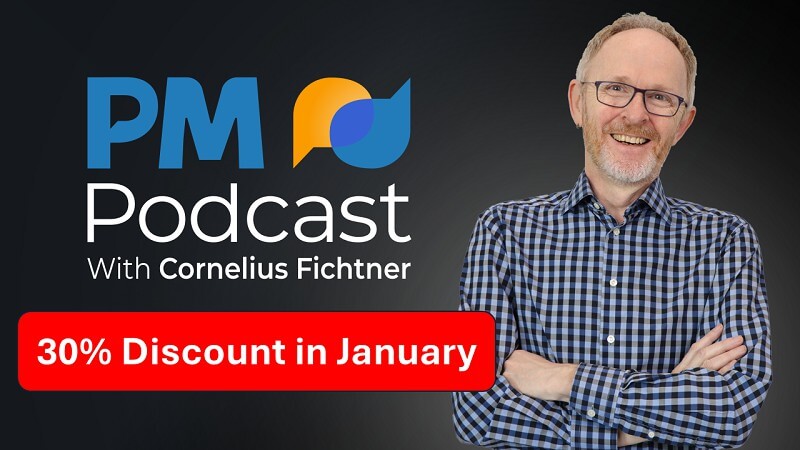Episode 140: Successfully manage complex projects with simplicity, clarity and focus
Are your projects complex?
And if your answer is "Yes of course they are complex" then how do you first of all measure this complexity and second and more importantly how do you manage project complexity?
Is it just a question of using standardized project management approaches, PM processes or maybe a project management office (PMO)?
These are some of the basic questions that I discuss in this episode with Jerry Manas. Jerry Manas has been a guest previously on our show about various project management topics. Today we discuss how to successfully manage complex projects with simplicity, clarity and focus.
Click "Read more..." below to read the transcript.







 How many times have you heard anyone say that “Project Management consists of about 90% communication?”
How many times have you heard anyone say that “Project Management consists of about 90% communication?”





